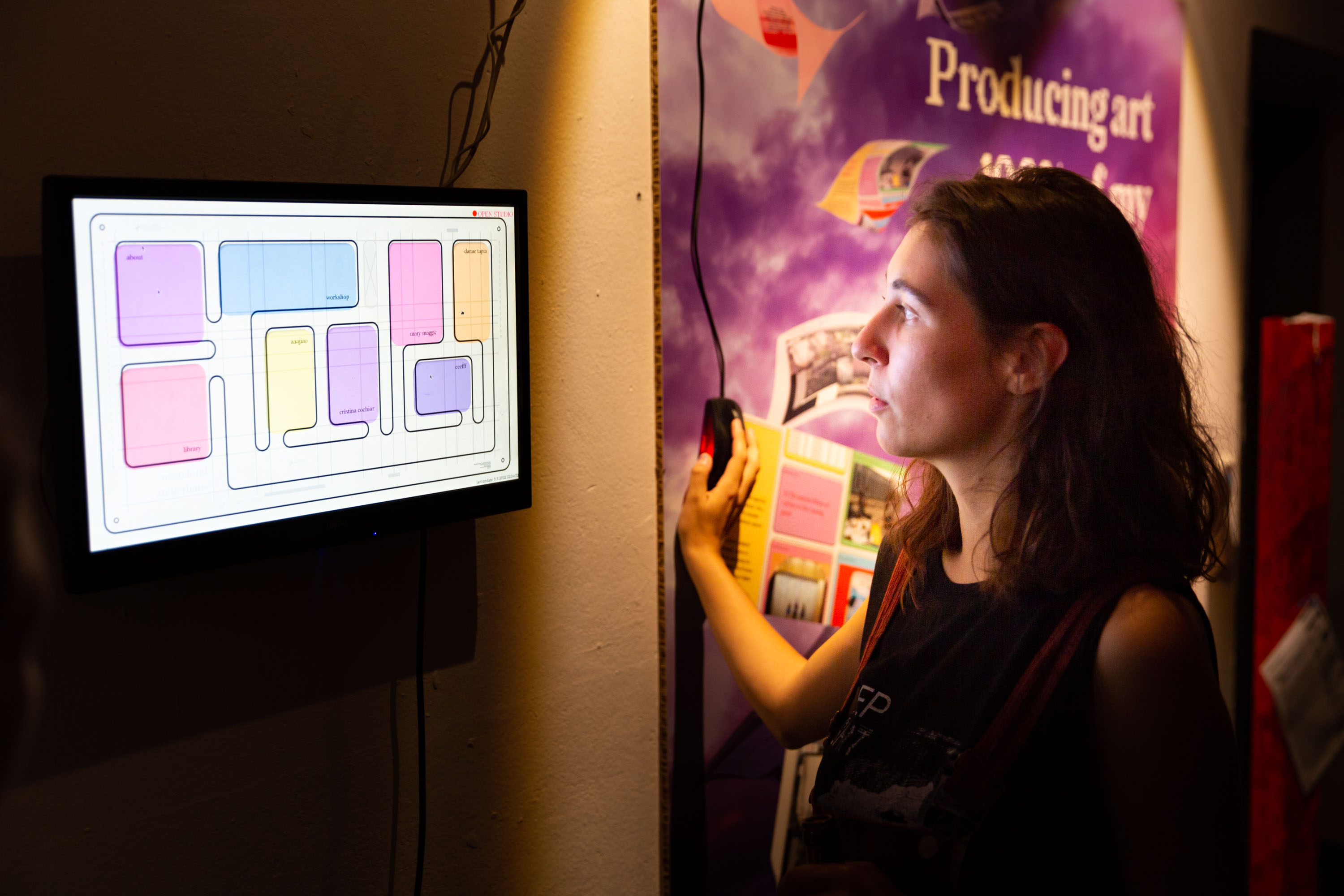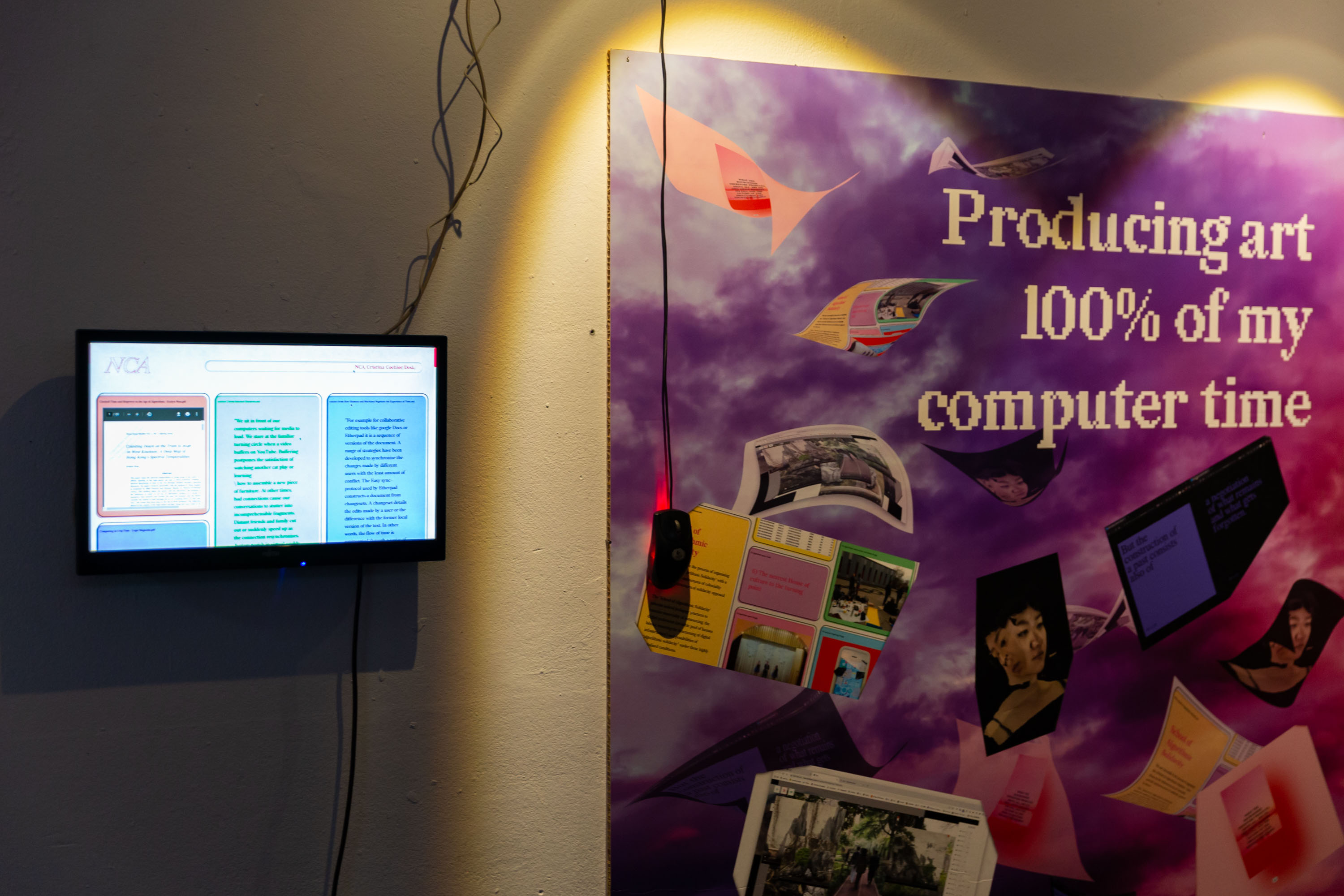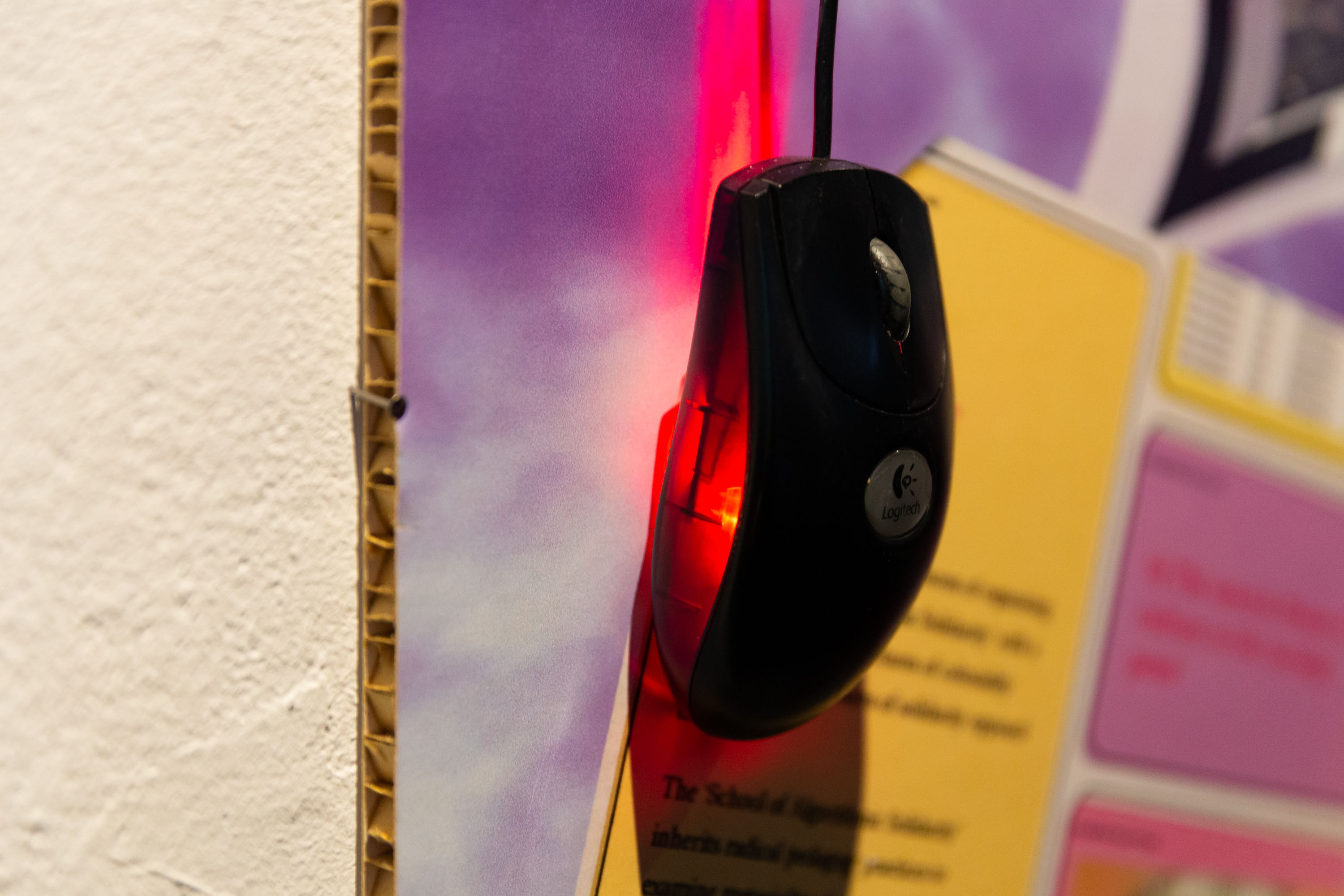
Next Cloud Atelierhaus 2022
Producing art 100% of my computer time
Online Recidency Program
1. Floor Foyer & https://atelierhaus.servus.at / Continuous
Residency-Artists: aaajiao, Cristina Cochior, eeefff, Danae Tapia, Mary Maggic
Curated by S( )fia Braga, Davide Bevilacqua, Matthias Pitscher for servus.at
Visual Identity & Web Development: Juan Pablo Linares & Matthias Pitscher
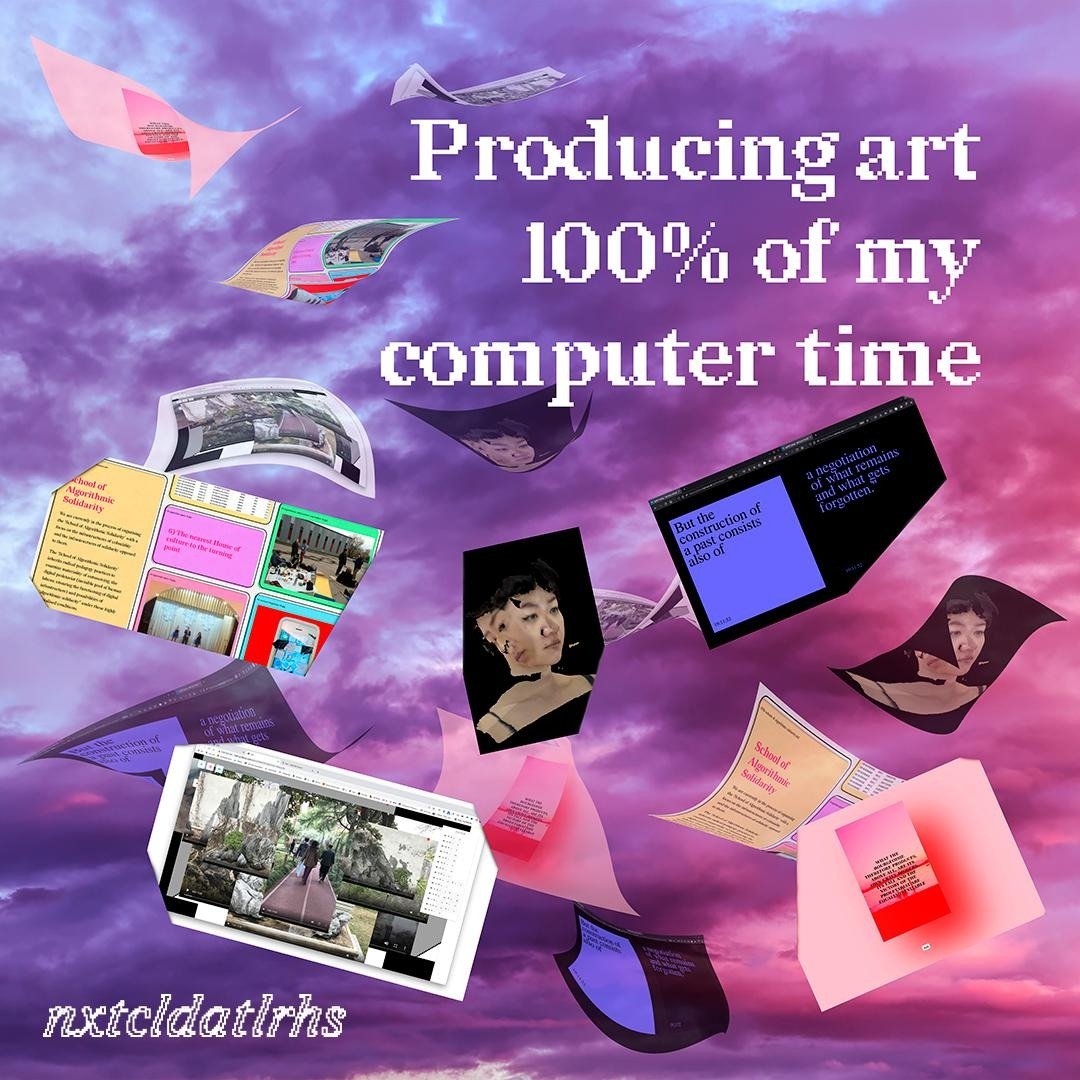
The Next Cloud Atelierhaus is a one-month online residencies program hosted in the servus.at cloud, in which 5 invited artists will have access to our infrastructure to create a project and engage and collaborate with each other. The participants were invited to use all the tools in the cloud instance managed by servus.at, a platform build around the idea of cooperating with the others: it allows communication channels such as chats and video conference, and it has specific tools to organize group workflows.
-
Within The Next Cloud Atelierhaus, servus.at aims at creating a short-term digital institution whose role is to enrich online residencies through online means - fostering digital art and supporting its needs. As a curatorial experiment of self-made institution, the project investigates what can be the role of the Atelierhaus – or the studio house – in the online spaces.
Visit the artists' studios at: https://atelierhaus.servus.at
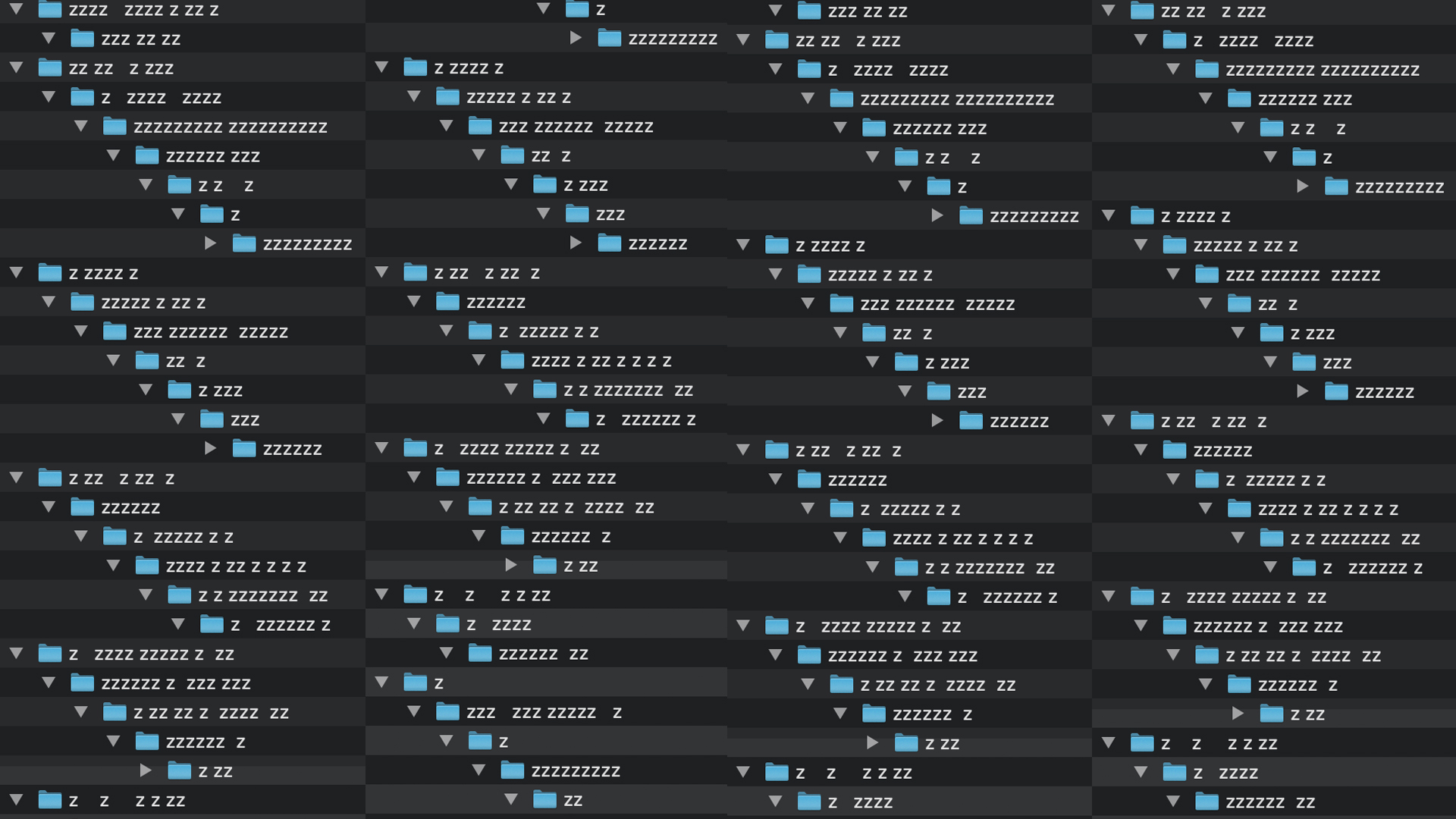
next_cloud_residency_2021_guido_segni
Artists and Curators:
aaajiao: Active online as a media artist, blogger, activist and programmer, aaajiao is the virtual persona of Shanghai- and Berlin- artist Xu Wenkai. Born in 1984—the title of George Orwell’s classic allegorical novel— and in one of China’s oldest cities, Xi’an, aaajiao’s art and works are marked by a strong dystopian awareness, literati spirits and sophistication. Many of aaajiao’s works speak to new thinkings, controversies and phenomenon around the Internet, with specific projects focusing on the processing of data, the blogsphere and China’s Great Fire Wall. aaajiao’s recent projects extend his practice to various disciplines (among them, architecture, topography, and design) to capture the pulse of the young generation consuming cyber technology and living in social media. aaajiao lives and works in Shanghai and Berlin. https://eventstructure.com/
Cristina Cochior (RO/NL) is a researcher and designer working in the Netherlands. With an interest in automation practices, disruption of the interface and peer to machine knowledge production, her practice consists of research investigations into technical and bureaucratic knowledge sharing systems. http://randomiser.info/
eeefff are artistic cooperation / made-up institution / cybernetic political brigade / poetic computations / hacking unit / queer time. It is neither one of these, nor all together. active from 2013. we make software-based projects, publications, networks, and platforms that critically explore digital labour, value extraction, and community formation in Eastern Europe. our methods include: public actions, online interventions, performative seminars, software and hardware hacking, framing environments and choreographing social situations. we are both against the war in Ukraine and the current dictatorship in Belarus, pressing issues that drive our politics and inspire our practice. https://eeefff.org/
Danae Tapia is a writer, multimedia artist and technologist born in the Chilean working class. She is a researcher and lecturer of Hacking and Autonomous Practices at the Willem de Kooning Academy in Rotterdam, Netherlands. She is the founder of The Digital Witchcraft Institute. This venture was Danae’s project for her fellowship with the Mozilla Foundation which started as an artistic-research experience dedicated to collect and showcase advanced non-conforming approaches to the use of tech. To the present day, The Digital Witchcraft Institute has executed a series of projects about sacred interoperability. https://digitalwitchcraft.works/
Mary Maggic (b. Los Angeles, '91) is a nonbinary artist working at the intersection of hormones, body and gender politics, and ecological alienations. Maggic frequently uses “biohacking” as a xeno-feminist practice of care that holds the potential to demystify invisible systems of molecular biopower. Completing their Masters in the Design Fiction group at MIT Media Lab, they received the Prix Ars Electronica Honorary Mention in Hybrid Arts (2017) for the project “Open Source Estrogen” and a 10-month Fulbright research award in Yogyakarta, Indonesia (2019). Maggic is a current member of the global network Hackteria - Open Source Biological Art, the tactical theater collective Aliens in Green, the Asian feminist association Mai Ling Vienna, as well as a contributor to the radical syllabus project Pirate Care and to the online Cyberfeminism Index. https://maggic.ooo/
S( )fia Braga is a transdisciplinary artist and cyberstalker. She develops her artistic research between Digital and Post-Digital practices, focusing especially on the social impact of web interfaces and the subversion of centralised social media platforms, dealing with topic such as Interveillance and the rediscovery of the potential of the bodies through the use of new technologies. S( )fia’s identity is constantly changing and goes hand in hand with the narratives she creates within her projects: over the last 3 years she has been an artist, a cyberstalker, a researcher and has mutated several times into a monstrous creature. https://sofiabraga.com/
Matthias Pitscher works as an artist, designer, meditation teacher, barista, researcher, entrepreneur and bad influencer. The artifacts he produces deal with the constant changes we face in our transition to a technologically connected society. Analytical yet humorous, he demonstrates how digital media transforms our perception of reality. Through play and interaction the visitor often becomes the center of the artwork itself. His interactive installations, performances and audiovisual pieces are shown at international Festivals, Museums and Galleries. https://pitscher.net/index_v1.7.txt
Davide Bevilacqua is a media artist and a curator interested in network infrastructures and technological activism, as well as in curatorial and artistic research about the framework conditions in which artistic practice is presented and transmitted to the audience. His actual topics of research are the environmental impact of technology and internet sustainability, digital greenwashing practices and platform capitalism. Davide coordinates servus.at cultural program since 2018. http://davidebevilacqua.com/, https://core.servus.at/
Funded through LinzIMpORT 2022 Linz, Kultur & Kunst und Kultur im digitalen Raum - Land Oberösterreich.
DOCUMENTATION
